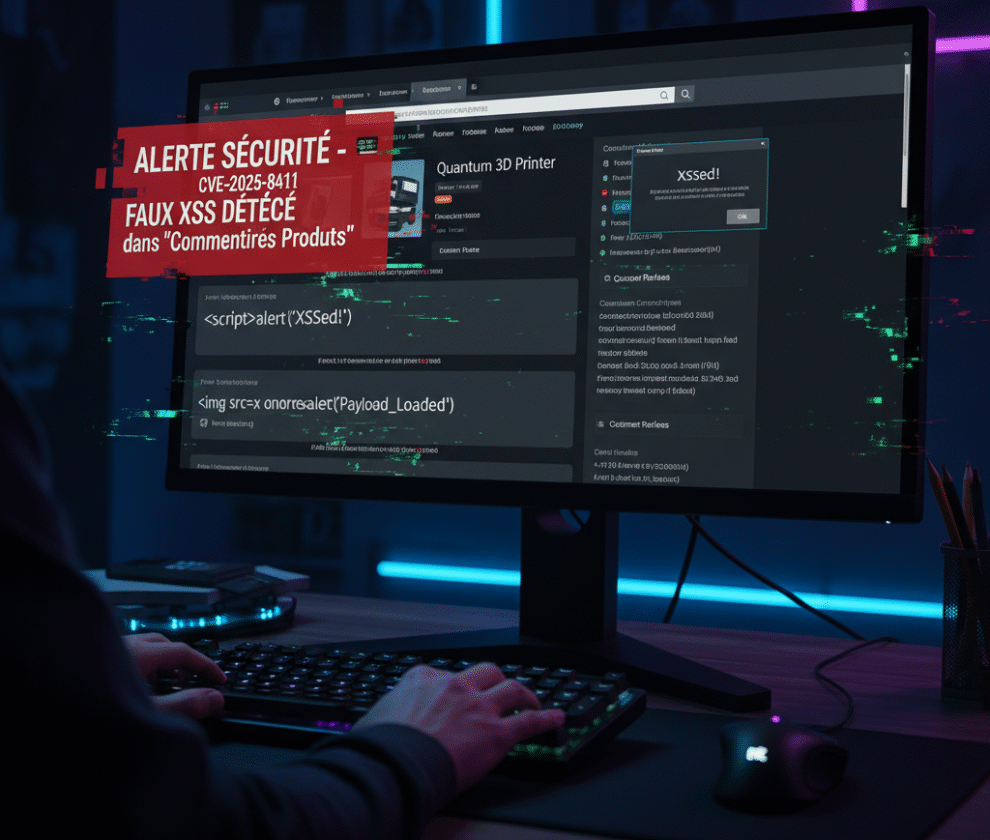Last Friday, the University of Pennsylvania faced a troubling cyberattack that left students, alumni, and faculty reeling. Emails containing offensive messages and alarming threats about disclosing stolen data were sent to thousands of individuals, shaking trust and raising questions about the security of academic systems. The university’s prompt response has attempted to alleviate concerns, but the incident underscores the growing vulnerability of academic institutions to cyberattacks. Let’s delve into what happened, the broader context of cybersecurity in education, and potential measures to safeguard against such threats.
What Happened: A Targeted Attack on University Systems
The fraudulent email appeared to originate from a University of Pennsylvania entity, specifically the Graduate School of Education (GSE). However, officials confirmed that the email was falsified and did not reflect the values or positions of Penn GSE. These communications contained inflammatory assertions regarding compliance with federal policies and threats to expose allegedly stolen personal data. While no breach of Penn’s systems has been confirmed, the incident highlights the complex challenges of distinguishing legitimate correspondence from malicious interference in today’s digital landscape.
The Growing Threat of Cyberattacks in Higher Education
This wasn’t an isolated event. Prestigious institutions like Columbia University, New York University, and the University of Minnesota have faced similar attacks in recent years. Cybercriminals are increasingly targeting academic organizations for their wealth of personal data, research, and intellectual property. These attacks often stem from sociopolitical tensions or controversial decisions, such as the 2023 Supreme Court ruling against race-based admissions policies, which has made universities potential centers of controversy and activism. Unfortunately, sensitive data exposed during these breaches can also be weaponized for political or financial gain.
The University’s Official Response
In response to the emails, the University of Pennsylvania issued a statement urging recipients to disregard and delete the messages. Its Office of Information Security (OIS) and incident response team have been actively investigating the event to trace its origins and mitigate potential damage. However, the university has yet to disclose whether any direct compromise of its systems occurred. Transparency and proactive communication remain critical as stakeholders seek reassurances about the safety of their information.
Potential Consequences of the Attack
Though the immediate effects of this incident may seem limited to unease among recipients, the broader implications for academic institutions are significant. First, the attack highlights the crucial need for robust cybersecurity frameworks within universities, which often possess large quantities of sensitive data yet are perceived as softer targets than private corporations. Second, reputational damage is a looming threat. Trust in the institution among students, staff, and alumni can erode with these incidents, as concerns about transparency and preparedness come to the forefront.
A Worrying Trend: Sensitive Data as a Political Tool
Recent cyberattacks on universities reveal a disturbing trend where leaked data is used to fuel divisive political conversations. This weaponization of private information places individuals—often students and faculty—at the center of public controversy without their consent. The ethical implications are profound, sparking critical conversations about how data protection policies must evolve to address privacy concerns effectively.
How Universities Can Reinforce Cybersecurity
To counter rising cyber threats, academic institutions must adopt cutting-edge security practices. Key recommendations include:
- Employing multi-factor authentication (MFA) to secure user accounts more effectively.
- Offering regular cybersecurity training to students, faculty, and staff to create a security-aware culture.
- Engaging cybersecurity firms for advanced threat detection and incident response capabilities.
- Conducting regular vulnerability assessments to identify weaknesses and address them proactively.
By implementing these measures, universities can better safeguard their digital infrastructure and minimize the risks of future attacks.
The Importance of Collaborative Efforts
To effectively combat cyber threats, a collective effort between governmental bodies, private organizations, and educational institutions is essential. Additionally, students and personnel need to become actively involved as frontline defenders in this battle. Combining advanced technologies with human vigilance offers a balanced approach to addressing the escalating cybersecurity challenges in higher education.
Conclusion
The recent cyberattack on the University of Pennsylvania serves as a wake-up call for the academic sector. Institutions must take swift action to enhance their security measures, ensuring that sensitive data remains protected and that trust among stakeholders is restored. Academic environments should be safe havens for learning and innovation, not targets for cybercriminals.
At My Own Detective, we specialize in helping organizations anticipate and respond to complex security challenges. Our tailored solutions in cybersecurity and intelligence gathering are designed to protect your most valuable assets. Contact us today to learn how we can strengthen your defenses against the ever-evolving threats of the digital age.


